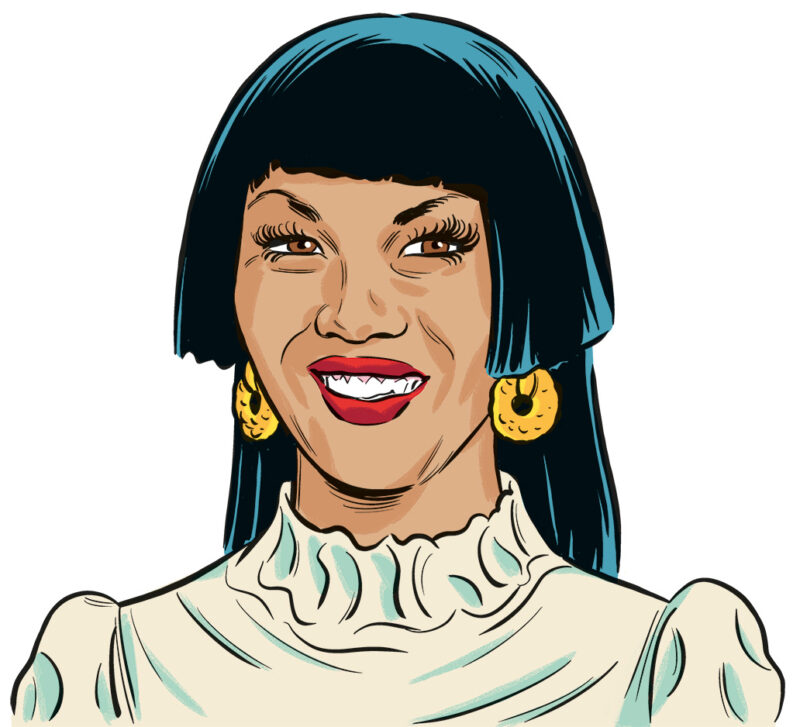Part I
THE BELIEVER: Your debut collection is now out in the world, but I want to begin by casting back a few years. I remember you used to share poems as Facebook updates. They were so good, and I always thought, Why don’t they have a book? I’m curious what that period of more informal circulation allowed.
You have reached your article limit
Sign up for a digital subscription and continue reading all new issues, plus our entire archives, for just $1.50/month.
Already a subscriber? Sign in





